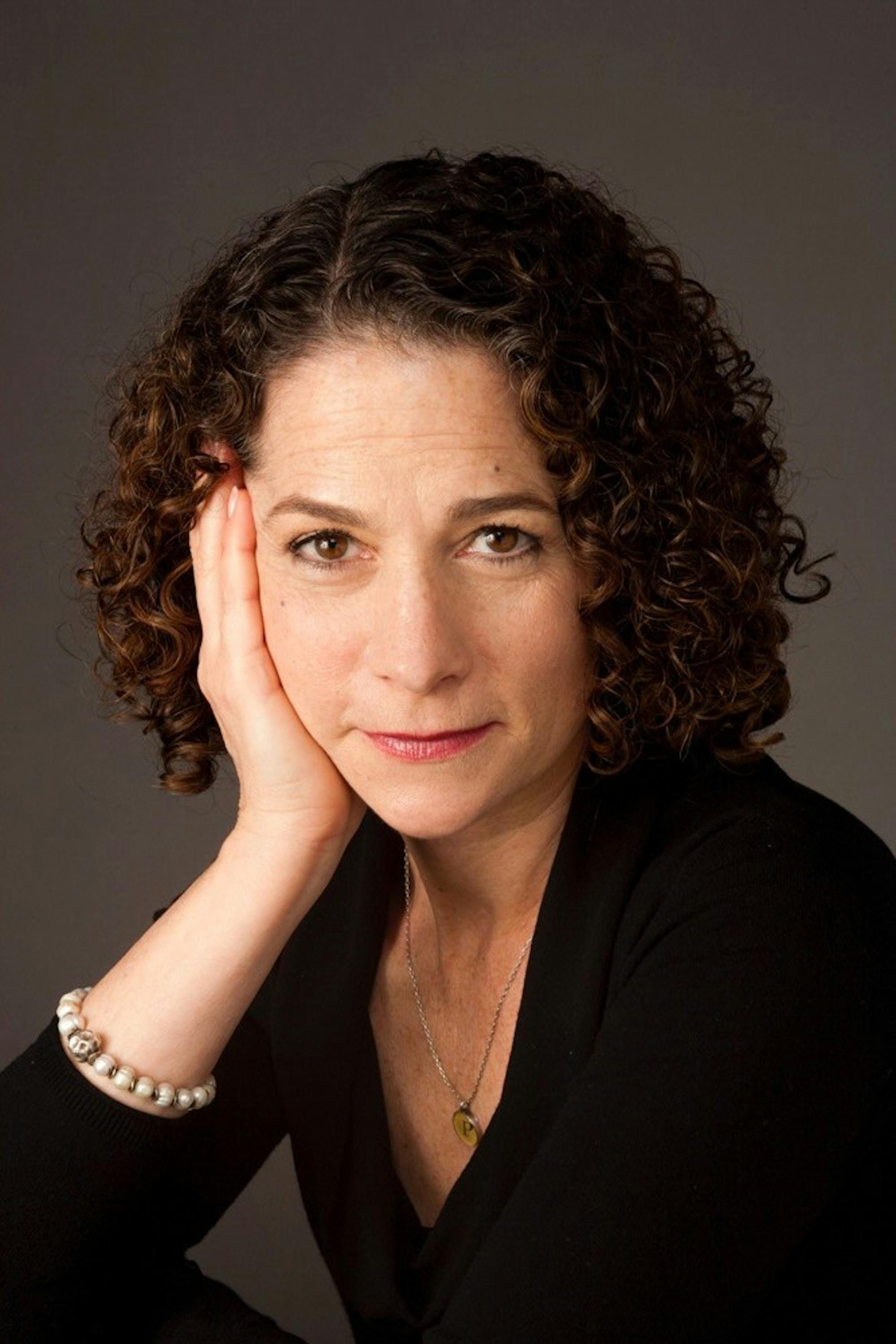Pamela Katz ’80, renowned screenwriter and novelist, majored in anthropology at Dartmouth. After graduation, she went on to work as a camera assistant for several prominent directors before eventually pursuing a career in screenwriting, focusing on historical and biographical film projects. In addition to her work in film, Katz has also written a novel, a nonfiction book and a television mini-series. Katz is currently a professor of screenwriting at New York University’s Tisch School of the Arts.
How did your time at Dartmouth influence your future career?
PK: Although I didn’t major in film, I took a lot of film classes. Of all the film classes that I took, there was one that influenced me the most, and that was taught by Maurice Rapf. He’s no longer alive, but he taught screenwriting. He taught me not just a lot about movies and screenwriting but also about writing and storytelling, and I always remembered him as I went forward.
Additionally, a lot of really interesting people visited the film department at Dartmouth. One person who visited us was Peter Watkins. He made films that were kind of intellectual and political, and they weren’t blockbusters. Somebody in the audience asked him if he felt like he needed to be more accessible to a mass audience. He got very upset and said, “Have you ever met a member of this mass audience? Have you ever met anybody who wasn’t complicated and didn’t have their own story and their own depth and their own life? I don’t know what anybody means when they talk about appealing to a mass audience because I’ve never met one.” That was something that I’ve remembered all my life, because I also work on films that have smaller audiences.
Finally, I think it was my colleagues who influenced my career choice, and in particular I would mention Gina Barreca ’79. I felt very out of place at Dartmouth in many ways, and when I met Gina we helped each other to make the fact that we were really different from a lot of people there a strong point instead of a weakness. She’s still my best friend to this day. We have an emotional, intellectual relationship that if for no other reason, if I would be looking back, I would have gone to Dartmouth just to have made a lifelong friend and colleague like her.
Your films are known for their focus on historical biography. How did you become interested in this genre?
PK: Although I’m not religious, I am very much a Jewish American, and my father was a German-Jewish refugee. Lots of family was lost in the Holocaust. Prior to working on the kinds of films I’ve worked on, I had run from my past. I was more interested in anybody else’s past than my own.
The answer to how this became what I do now has one name attached to it, and that’s Margarethe von Trotta, a legendary German filmmaker with whom I’m working on a film right now, our fourth together. The great privilege of my professional life was having met her. She came to me 17 years ago, and she wanted to make a film about the Rosenstrasse, a non-violent protest held in Berlin in 1943 by the non-Jewish wives of Jewish men who had been detained for deportation. We had to know a lot about traditional Jewish life for the film, and quite interestingly she started to teach me about Jewish life and culture. And I thought to myself “This is great, but what’s wrong with this picture?” That was the moment when I realized that I had really been running from Jewish culture. With her, I dove right into it. I think that was the jumpstart for me to start accepting more historical films and to realize that it was not only professionally satisfying but also something very personal that I had to reckon with.
How do you navigate the line between staying historically accurate and creating a film that’s still entertaining for audiences?
PK: I’m glad you asked that because right now I’m working on a film where that’s an enormous and gratifying challenge. I’m doing a film on Jan Vilček. He’s a scientist who’s engaged in the forefront of biotechnology and science. He was also a Holocaust survivor as a child, and he defected from communist Czechoslovakia. There’s an enormous amount of intellectual material to harness.
At the same time, I want this film to be accessible and interesting to a large audience. There’s always this issue of truth: how much can you play with the facts in order to create a dramatic story? I think the answer to that is that you have to have a lot of integrity. My first way in is to learn as much as I possibly can, so that I’m in a position to make those decisions in terms of finding the truth.
After you do the research and you feel that to the best of your ability you know what you’re talking about, the real way to engage an audience is to find out what’s going on emotionally. At the end of the day, audiences are people and people are interested in people.
You’ve done work in both screenwriting and book writing. How does the creative process differ between these two mediums?
PK: At the end of the day, it’s not as different as you sometimes think it will be. What I found was that so many of the tasks were the same. I found it very useful in a historical book to start each chapter in a location, so that you could set up something that allows people to feel like they’re there. In a book, you’re dealing with much more material, and you have this sense of much more freedom, but I find that at the end of the day, you’re abiding by the same rules. If you don’t engage an audience, they will not turn the page, and they’ll turn it off if they’re watching it at home. You’re still telling a story; you’re still developing characters, whether they’re historically real or imagined.
This interview has been edited and condensed for length and clarity.




